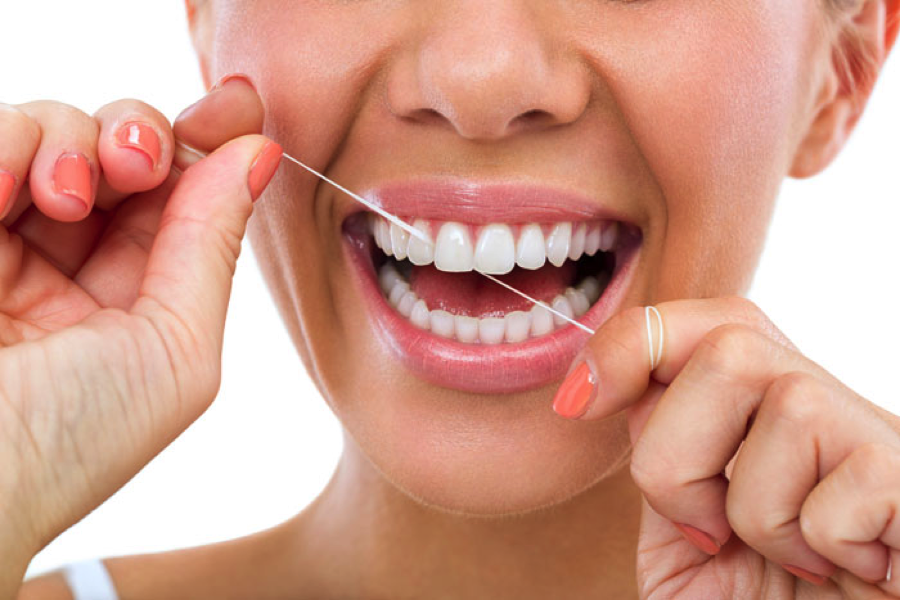Do I really need to floss every day? Probably.
Published 4:30 pm Tuesday, August 9, 2016

- Flossing teeth
For years dentists have shamed us for not flossing. So when the news broke last week that the effectiveness of flossing has never been properly researched, non-flossers rejoiced!
This announcement resulted from an investigation by the Associated Press, which filed Freedom of Information requests to learn more about the research behind flossing. When the US government published the Dietary Guidelines for Americans, the recommendation to floss everyday was no longer in the guidelines.
Experts on dental health still stand by the recommendation, claiming they see significant improvements in dental health after a patient begins flossing regularly. Flossing is thought to primarily impact gum health, which is why after a period of not flossing, restarting the practice will likely cause some bleeding. If gum health is neglected, gingivitis and other gum diseases can develop. There may also be an increased likelihood of developing cavities because of plaque between teeth.
Currently, the published research on flossing has produced mixed results. A 2011 meta-analysis looked at 12 trials that compared signs of gingivitis in participants who just brushed with those who both brushed and flossed. Many of the studies showed bias and there was weak evidence for a reduction in plaque and gingivitis.
A study in 2006 used pairs of twins to compare the effects of different dental hygiene habits. Over a two-week period, the twin who flossed in addition to tooth brushing showed a significant decrease in gingival bleeding. However, the study was over a short time frame and the twins were between 12 and 21 years old. Results could be different for longer time frames and older participants.
One of the challenges of studying flossing is the ethics of assigning a participant to not floss and potentially irreparably impairing their dental health. It is also difficult to make sure participants brush the same way for the same amount of time. There is also a significant cost to conduct research on flossing that meets the standards of the Institutional Review Board.
But before you throw out your floss, consider this: while there has not been any hard evidence that proves the benefits of flossing, there also has not been a study that proves flossing isn’t effective. What this discovery really shows is the need for more research to support the recommendation of flossing every day.
So keep flossing those pearly whites – better safe than sorry, right?
© Content That Works





